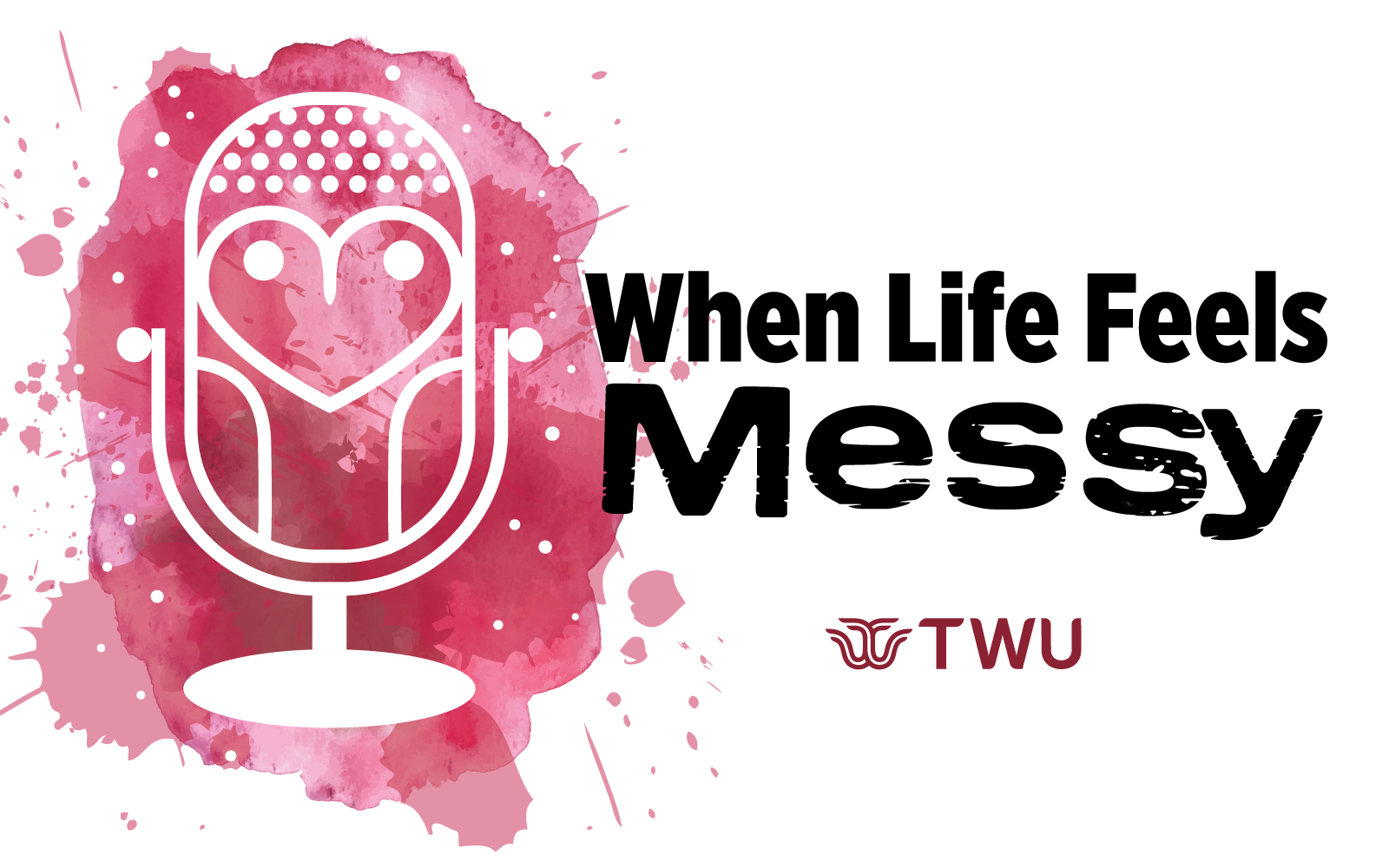The college years are often seen as a transformative time, full of growth, discovery, and opportunities. It's the time to chase your dreams, explore passions and interests, and lay the groundwork for your future.
- Social Comparison: With social media and campus culture, it’s easy to compare your progress to others. You might see peers achieving milestones and assume you’re falling behind, even when you’re on your own unique path.
- Perfectionism: Many students equate their self-worth with flawless performance. The belief that anything less than perfect is failure can make even small mistakes feel catastrophic.
- External Pressures: Family expectations, societal norms, or the pressure to secure a “successful” future can create an overwhelming sense of responsibility.
- Internal Critic: Sometimes, the loudest voice is the one inside your head. Negative self-talk can convince you that your best efforts are insufficient.
- Burnout: Constantly pushing yourself without rest or balance leads to physical and emotional exhaustion.
- Anxiety and Depression: Unrealistic expectations often fuel feelings of inadequacy, leading to heightened anxiety or sadness.
- Procrastination: Ironically, perfectionism can make you so afraid of failing that you avoid starting tasks altogether.
- Loss of Joy: When you’re always striving for more, you miss out on appreciating the present and celebrating your accomplishments.
- Redefine What Success is For You:
- What does success really mean to me? Is it about external validation, or is it about growth and fulfillment? Redefine success in a way that aligns with your values, not societal standards.
- Set Realistic and Attainable Goals for Yourself:
- Instead of aiming for perfection, focus on progress. Break larger goals into manageable steps and celebrate small victories along the way.
- Identify and Challenge Negative Self-Talk:
- Pay attention to your inner dialogue. When you catch yourself thinking, “I’m not good enough,” counter it with evidence of your achievements and strengths.
- Practice Self-Compassion:
- Treat yourself with the kindness you’d show a friend. Acknowledge that mistakes and setbacks are part of the learning process, not a reflection of your worth.
- Create Healthy Boundaries:
- Learn to say no to commitments that overextend you. Protect your time and energy by prioritizing activities that align with your goals and well-being.
- Seek the Support You Need:
- If you’re struggling, don’t hesitate to reach out. Talk to friends, mentors, or a counselor who can help you navigate these pressures and gain perspective.
At its core,
being human means being imperfect. We make mistakes, stumble, and occasionally
fall short of our expectations—and that’s okay. These experiences are not signs
of failure but evidence that we’re alive, growing, and learning. Yet, in
today’s hyper-competitive world, it’s easy to lose sight of this truth. We
often chase an illusion of perfection, believing that if we could just get
everything right, we’d finally feel satisfied or worthy. Spoiler alert: we
wouldn’t.


Comments
Post a Comment